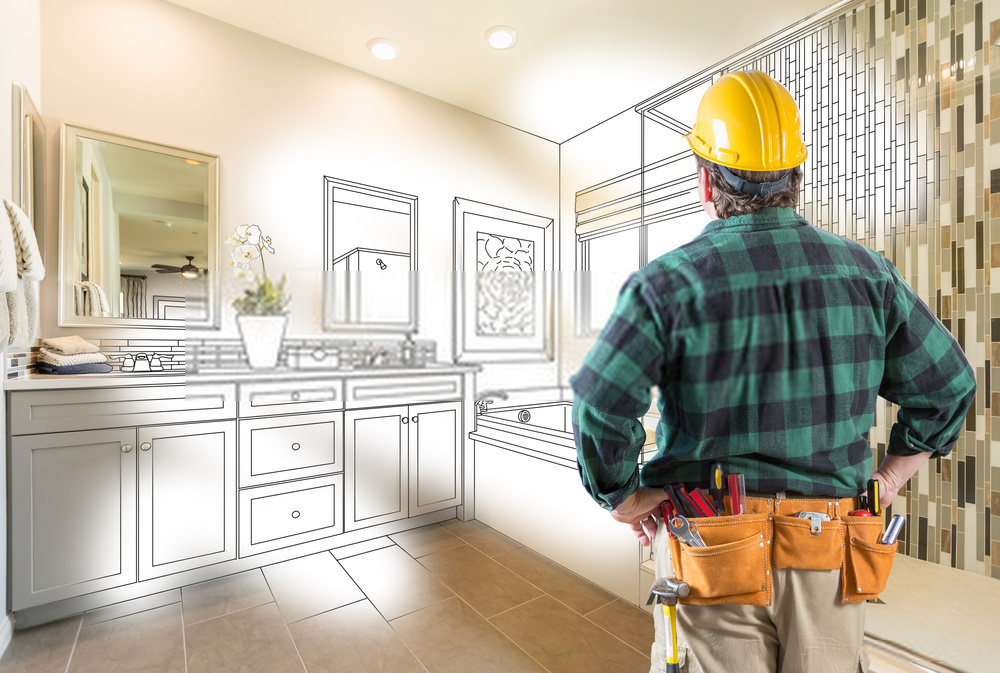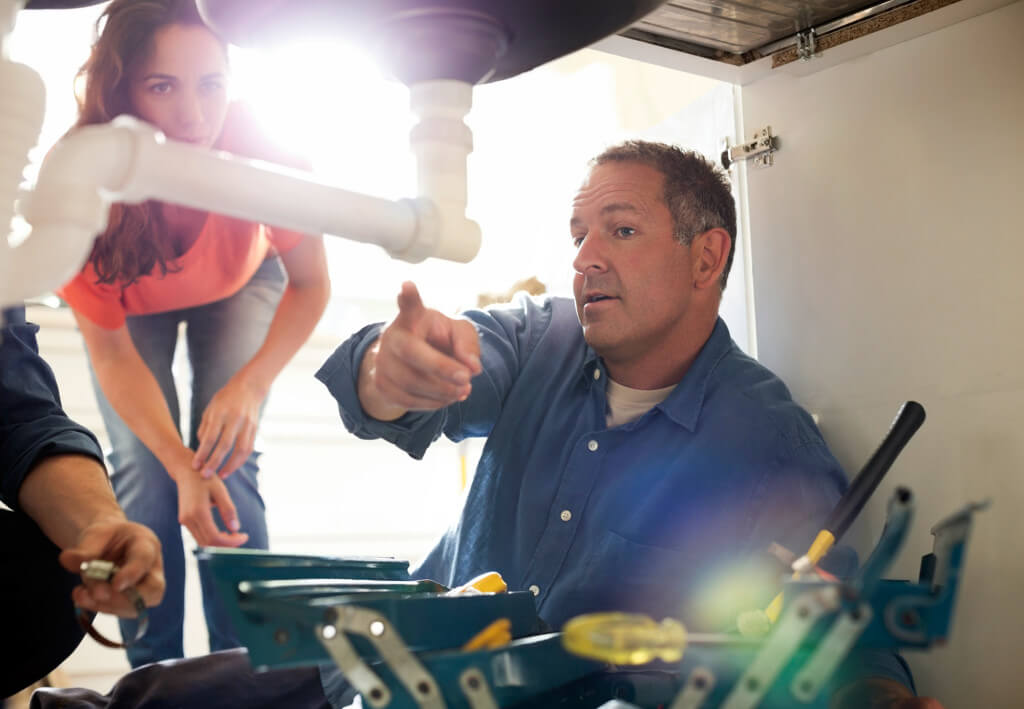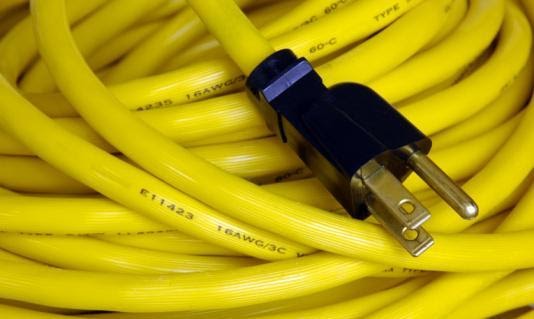The typical homeowner often looks to extension cords as an appropriate answer to their many electrical woes. And why should they not? Extension cords account for the insufficient placement of outlets and come in handy, for instance, when mounting a Television 16 feet away from the closest source of power. Extending the reach of your electrical current across these cords is wonderfully convenient when properly used; however, the extension cords must equally be used cautiously. They can overheat easily, and when used improperly, they epitomize fire hazards.
With close to 3,300 home fires coming from extension cords every year, leading to the demise of close to 50 individuals and harming more than 270, they should be considered short-term solutions and handled with care. There are several safety guidelines for extension cords that you can follow to prevent tragedies and safeguard your home. Extension cords are not primarily plug-and-go tools as most people perceive and treat them. Therefore, if you are using extension cords, below are some safety guidelines to follow to safeguard your workspace or house.
Pick the right extension cord for the job
Using a cord that is undersized for the power requirements (overloading) or using a cord not rated for its intended application or the environment are prevalent blunders. Overloading can lead to overheating, which either carbonizes or melts the cord's insulation creating a shock hazard or fire. Extension cords are appraised in several distinct ways. The first is the cord's intended application. If you want the electrical system in your workplace or home to work effectively, when using external power, you ought to use a cable with the capacity to meet its power demands.
A 30 Amp extension cord can meet the power demands of medium-sized and smaller spaces. Extension cords should be picked based on their amperage and the length of the cord. Using a cord with low amperage for an application demanding higher power will lead to the cord overheating. The extension cord's power carrying capacity is determined by the wire's diameter or the length of the cord. The wire’s diameter and amperage rise with a decrease in the gauge number. When purchasing extension cords, it is equally important to ensure that a nationally known testing laboratory has certified them and carefully go through the manufacturer's guidelines to ensure the cord will meet your demands.
Protect the extension cords and those in contact with them
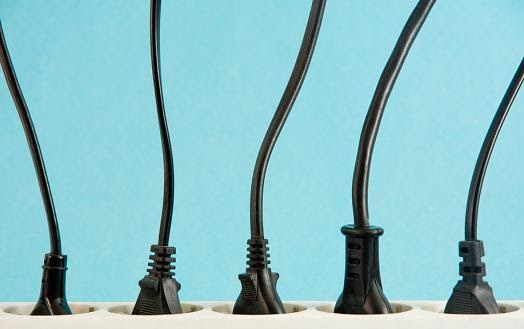
Extension cord insulation is easily damaged when it is pinched between walls, floors, and furniture or crushed by foot traffic, which exposes the energized wires, causing a fire hazard or shock hazard. The impact of the damage may not be easily seen. If the insulated metal wires are damaged, for instance, when the extension cord is being crushed with a door, it can create a hotspot leading to a fire hazard.
Because of these reasons, the National Electrical Code does not allow extension cords to go through windows, doorways, floors, dropped or suspended ceilings, wall halls, or such openings. Similarly, the insulation of other extension cords close to heating appliances may equally be spoiled, burned, or melted away. Therefore, it is important to ensure the cords are installed properly to avoid these hazards that might pose a threat.
Regularly inspect your extension cords
Since extension cords are used and abused so frequently, they should be visually inspected for damages before they are used as well as when the electrical current changes, such as moving the extension to another outlet or adding a power source. Ensure that the right length and type of cord are utilized for the intended purpose, power requirements, and environment. Inspect the cord ends and outer jackets. If they feel hot or warm, discontinue the cord use immediately. This may signify internal damage or overloading. Internal damage may symbolize that the outer jacket was crushed or pinched, the ends are spoiled, or tape was put over the outermost covering.
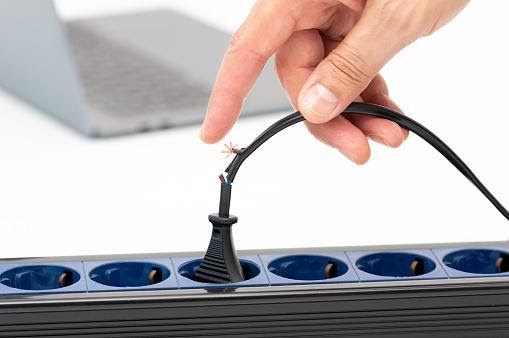
Extension cords give a convenient way of delivering power where it is required. These common but valuable appliances are equally subject to misuse and abuse. Abuse and misuse can result in injuries and fires. Cord users are required to pick the proper extension cord and safely use it to avoid these adverse outcomes.
Always practice Electrical Safety
You cannot see, hear or smell electricity; therefore, ensuring you have the appropriate systems put in place to handle this hazardous energy is crucial to your health. Electrical safety is essential because hazards like shock and arc flash can cause accidents if exposed to them. Therefore, removing an extension plug from a socket by pulling the plug alone and not the extension cord. Pulling on the cord can fray or break the internal wires, and once frayed, the cords can lead to an electrical shock or a short circuit fire hazard. It is equally important to avoid overloading an electrical outlet by using or plugging in too many extensions at once. This might overload the outlet and result in fire or an electric shock seepage.
Never Plug two Extension cords Together
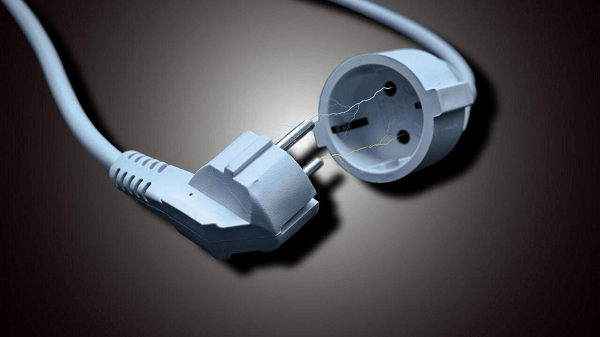
Electric extension cords are engineered to carry a particular amount of current over a certain distance of the chord's length. The moment you have two similar extension cords plugged in a series, one after the other, the resistance of the extension cord increases effectively. This may lead to overheating the cord and probable damage to the cord's insulation, leading to electrical shock and fires. The two cords plugged in might become loose and pull apart, causing power loss. There is equally less current supplied to the load in this kind of arrangement, and therefore a mishap that takes place far away from the source may cause the breaker to trip.
Conclusion
Extension cords are a convenient and familiar way of bringing power to electrical appliances. Still, when used without appropriate caution, they might become fire hazards and pose a risk to your safety and that of your family. Without putting the correct safety precautions into use, the use of an electric extension cord can lead to several electrical accidents. If you intend to use an extension cord to extend an outlet or add up to your outdoor lighting, it is crucial to consider the safety guidelines for electrical cords.


